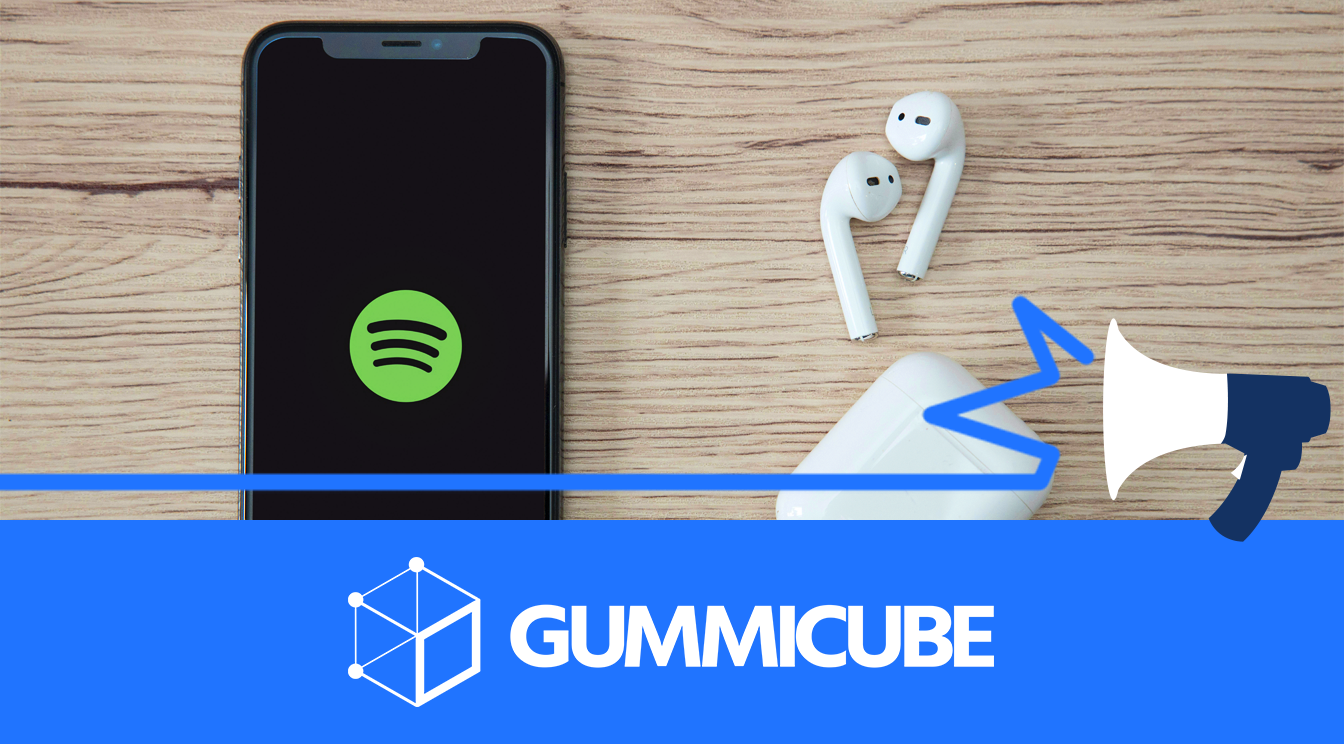
How Your App Performance Impacts ASO
Posted on April 24th, 2025
Google Play now prioritizes user experience in ASO. Learn how new quality metrics impact your app's visibility, rankings, and overall success.

Spotify Chief Legal Officer Horacio Gutierrez recently published an opinion piece in The Wall Street Journal calling Apple “a ruthless bully” and further stating that “antitrust law needs an update.”
Weighing in on the ongoing Epic Games v. Apple legal battle, Gutierrez accused Apple of having a monopoly on in-app purchases, saying that Apple is “limiting innovation, squashing small businesses, and all but eliminating customer choice.” Gutierrez cited two of Apple’s practices as anti-competitive behavior: the App Store tax fees and redirection restrictions.
The first complaint surrounds Apple’s policy of taking a 30 percent cut of all in-app purchases and subscriptions. A common practice among digital platforms is to charge a commission fee to developers for the privilege of publishing their content. While 30 percent seems like a high commission, this is a standard fee in many similar areas of business.
Gutierrez rebutted Apple’s statement that Spotify pays 15% of its revenue on only 0.5% of its subscriptions, saying that this is because Spotify was forced to remove in-app purchases in 2016 due to Apple’s “exorbitant fees.” He went on to say that it makes “more business sense to cut iPhone and iPad users off from a path to subscriptions than to absorb the 30% cut for new ones.”
Secondly, Gutierrez condemned “Apple’s antisteering provisions,” which forbids apps from “providing customers a direct path to a paid subscription and from communicating with customers about ways to access deals or promotions.”
This criticism goes hand-in-hand with both the aforementioned App Store tax and Apple’s policy of restricting all App Store purchases to go through Apple’s billing system. Spotify argues these policies can create a divide between companies and consumers, particularly when it comes to refunds, disputes, and promotional offers.
Gutierrez states:
So if a customer is on the free Spotify iPhone app, he can’t subscribe to Spotify Premium without paying Apple a royalty, and Spotify can’t tell him to go to his desktop for a better deal on the subscription. After a year, Apple takes only a 15% chunk of a subscription, but this benefit is meaningless for my company because Spotify will have been 30% more expensive than Apple Music at the crucial moment when a user chooses between them.
Which highlights a major cause for concern for legislators and companies of interest in this antitrust lawsuit: are these practices driving customers away from competitor apps and toward Apple’s native apps?
Apple insists that these policies are in place to provide quality and assure safe purchasing in the App Store. Apple CEO and spokesperson Tim Cook said this:
[...] they’d like developers to each put in their own payment information. But that would make the App Store a flea market and you know the confidence level you have at the flea market.
This sentiment is in-line with Apple’s long standing customer-experience centered business model, which offers a “walled garden” experience that many users actually prefer.
Apple creates an environment where all apps and products offered are rigorously vetted for quality and safety before becoming available to users. While this might mean fewer options when it comes to devices, apps, services, and - of course - purchasing methods, it has been argued that this is precisely what users are paying for and expecting.

Spotify is one of a handful of big businesses, including Match Group and Netflix, who are siding with Epic Games and testifying against the Cupertino tech giant over Apple’s antitrust allegations. These huge companies primarily position themselves as defending the interests of small businesses who would suffer under a 30 percent fee.
However, there is little mention from these critics about how major store platforms aside from Apple and Google—including Amazon, Samsung, and other popular gaming platforms—also charge developers 30 percent fees to publish apps and games on their marketplaces.
Furthermore, whereas Google announced tiered fees for small businesses at Google I/O 2021, Apple was ahead of the game by six months. In November of last year, Apple unveiled the App Store Small Business Program, which lowers commission to 15 percent for developers making less than one million dollars in annual revenue.
While the Epic Games v. Apple legal battle has been a hot debate between companies and government agencies the world over more recently, Spotify is no newcomer to this fight. Their “Time To Play Fair” campaign dates back to early 2019, with Spotify’s Chief Legal Officer Horacio Gutierrez most recently weighing in on how he feels Apple’s policies are “unfair,” calling Apple a “ruthless bully” who is hindering small business profitability on the App Store. While still a major point of contention, it is up to the users, and most likely at the end of this battle, the court systems, to decide whether this is a matter of unfair market domination or just Apple’s strategy for keeping the iOS environment safe and secure.

Google Play now prioritizes user experience in ASO. Learn how new quality metrics impact your app's visibility, rankings, and overall success.

Apple Ads is the new name for Apple Search Ads. Learn what this rebrand could mean for your app's visibility and ASO.

Apple now requires all iOS apps to use Xcode 15 and iOS 17 SDK. Learn what this means for developers—and how it impacts your ASO strategy.